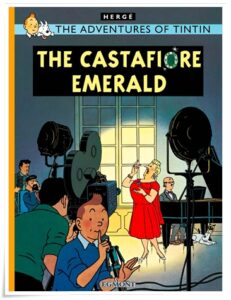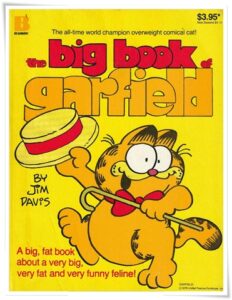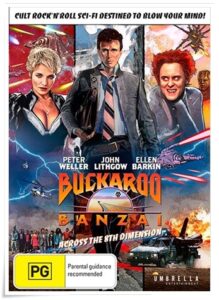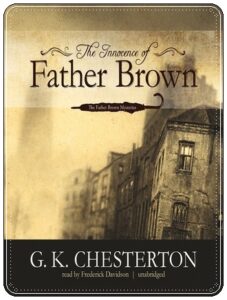Charlie and the Great Glass Elevator
by Roald Dahl (Alfred A. Knopf, 1972); audiobook read by Douglas Hodge (Random House Audio, 2013)
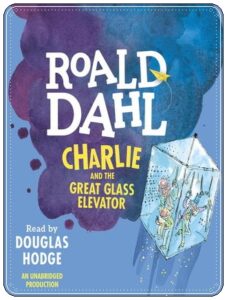
A protracted example of Dahl’s rollicking lunacy, though in this instance lacking a greater storyline to lend substance beyond the jovial alien invasion, American caricaturing, silly rhymes, and terrible comeuppances visited upon cantankerous adults. Douglas Hodge narrates a suitably mercurial Willy Wonker.

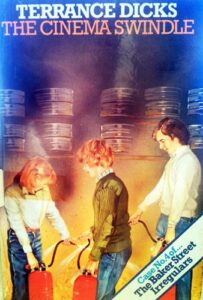
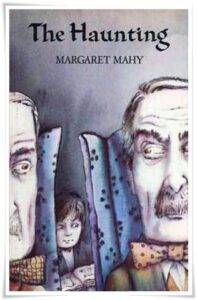
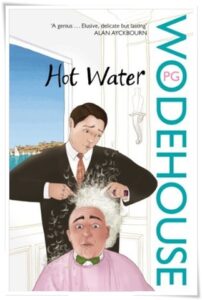
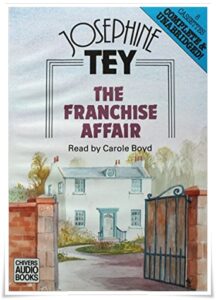
![Book cover: “Agaton Sax and the Max Brothers” by Nils-Olof Franzén; ill. Quentin Blake (Andre Deutsch, 1970) [also published as “Agaton Sax and the Bank Robbers”]](https://www.derelictspacesheep.com/wp-content/uploads/2022/09/Franzen_Agaton-Sax-Max-Brothers-221x300.jpg)
